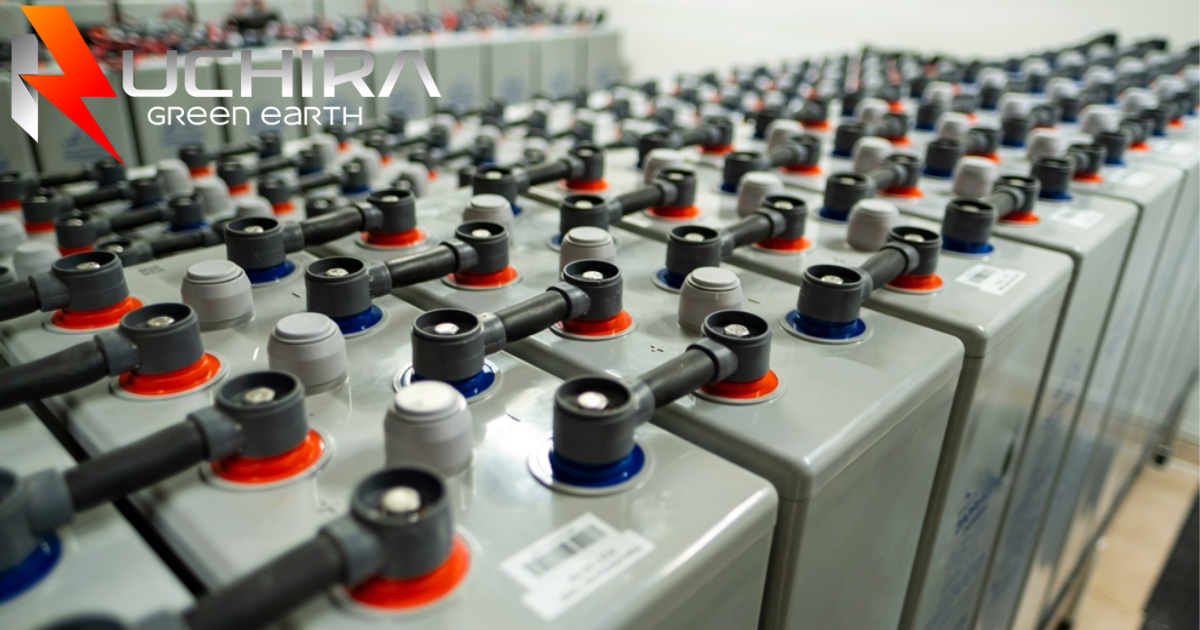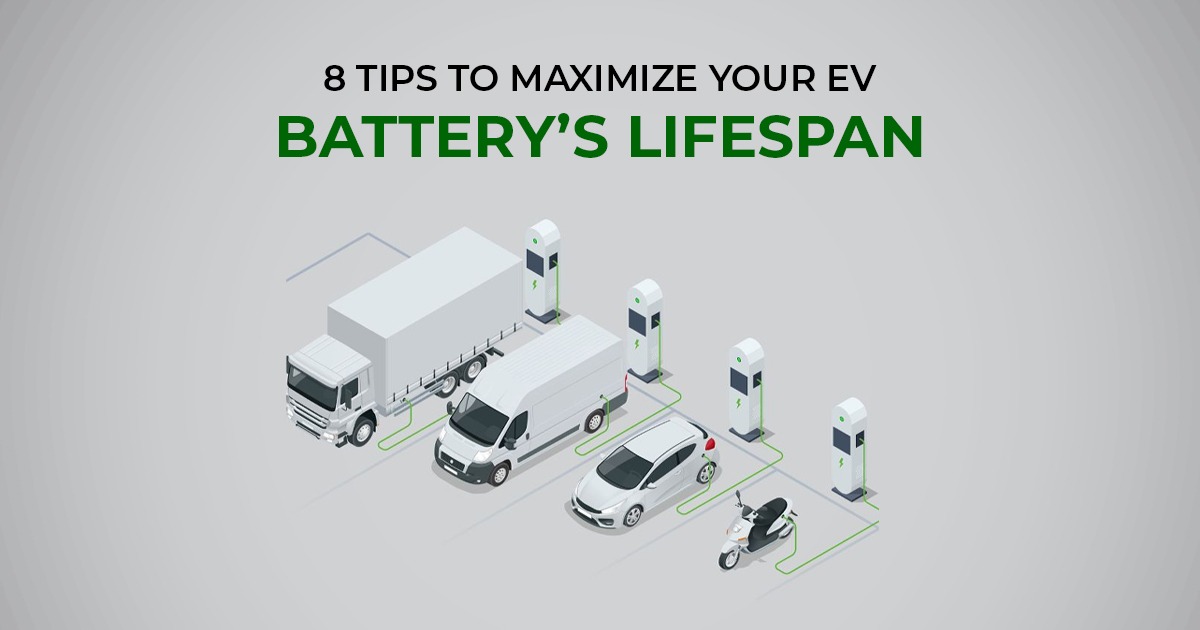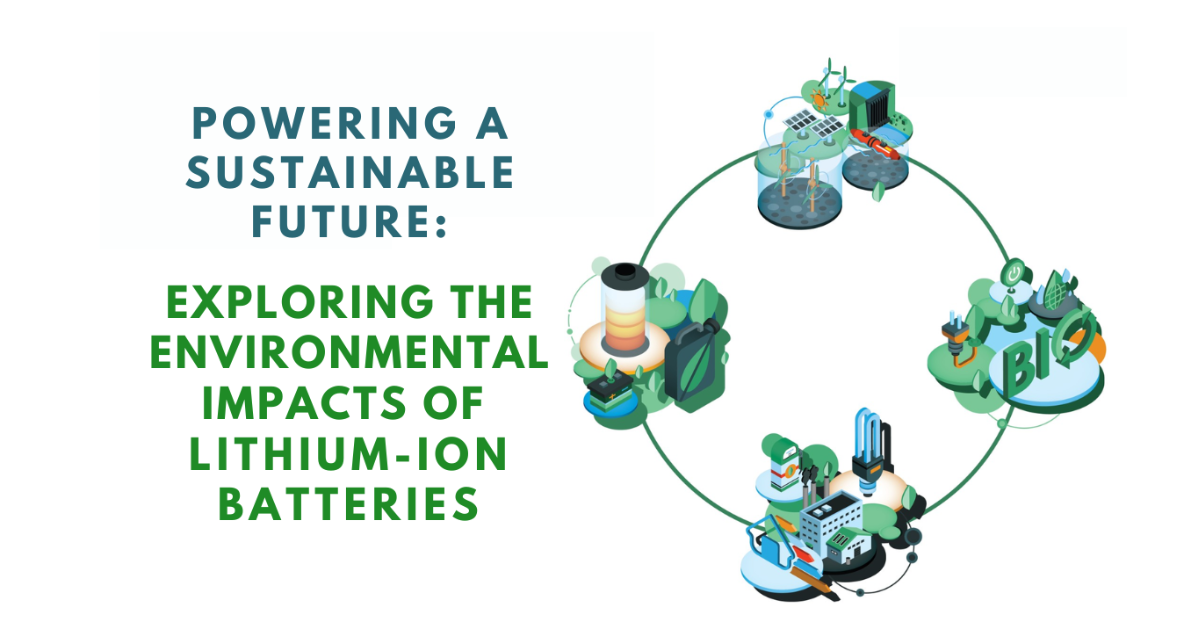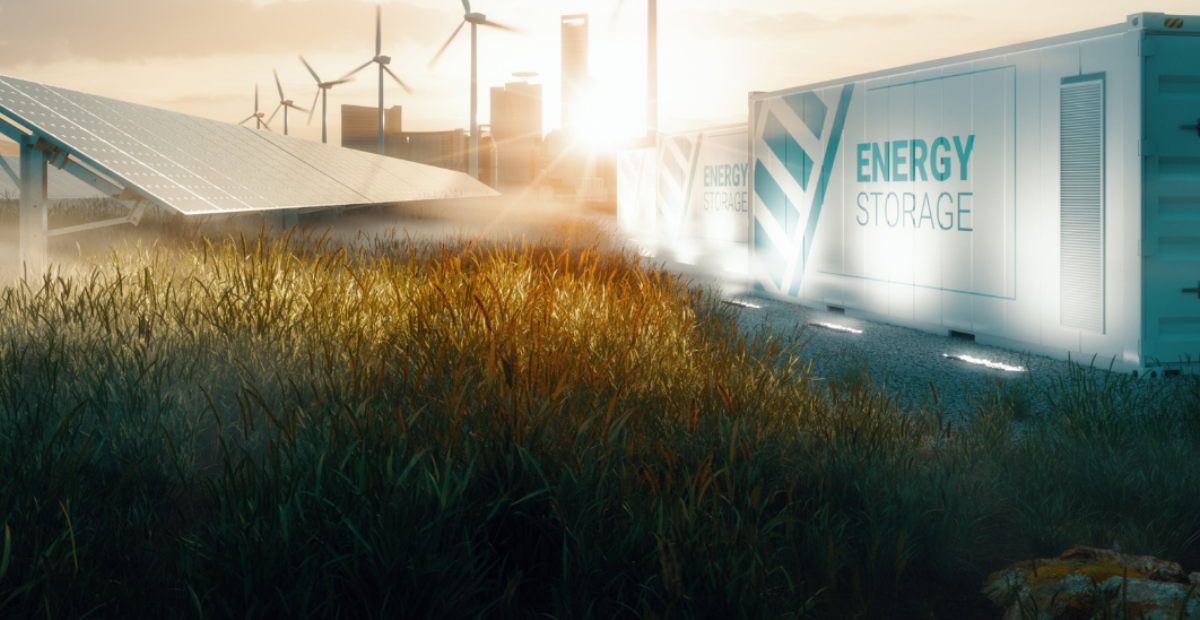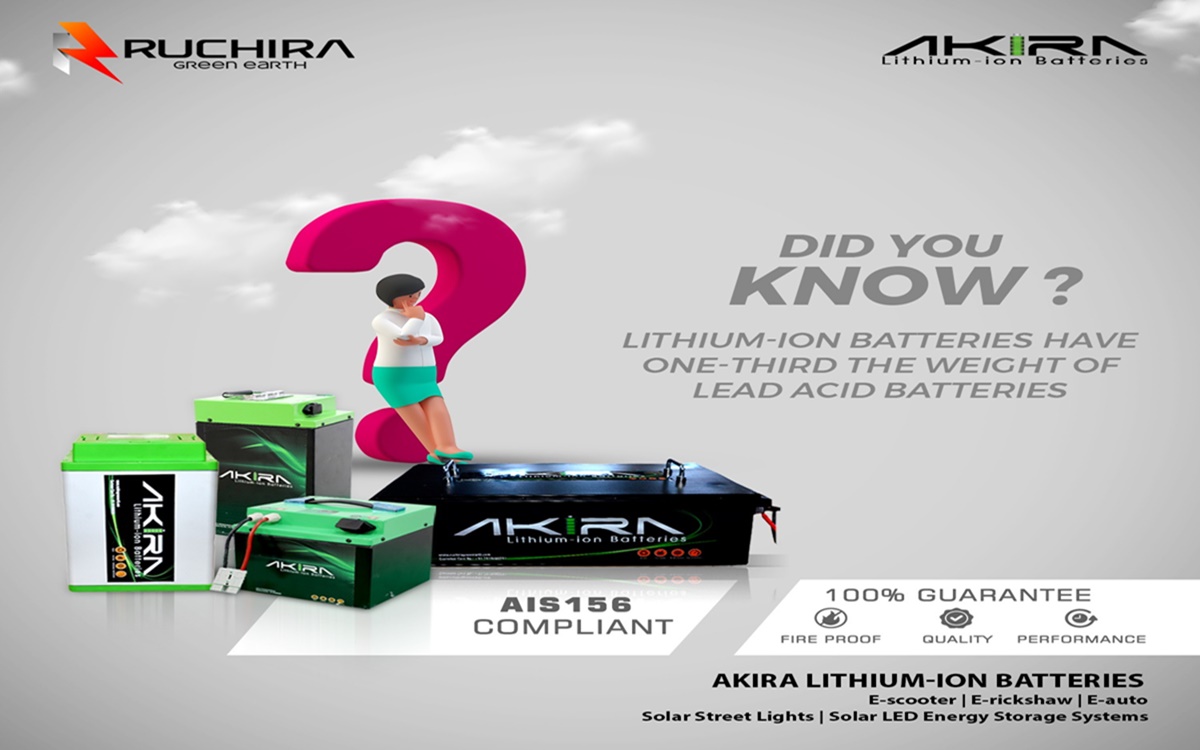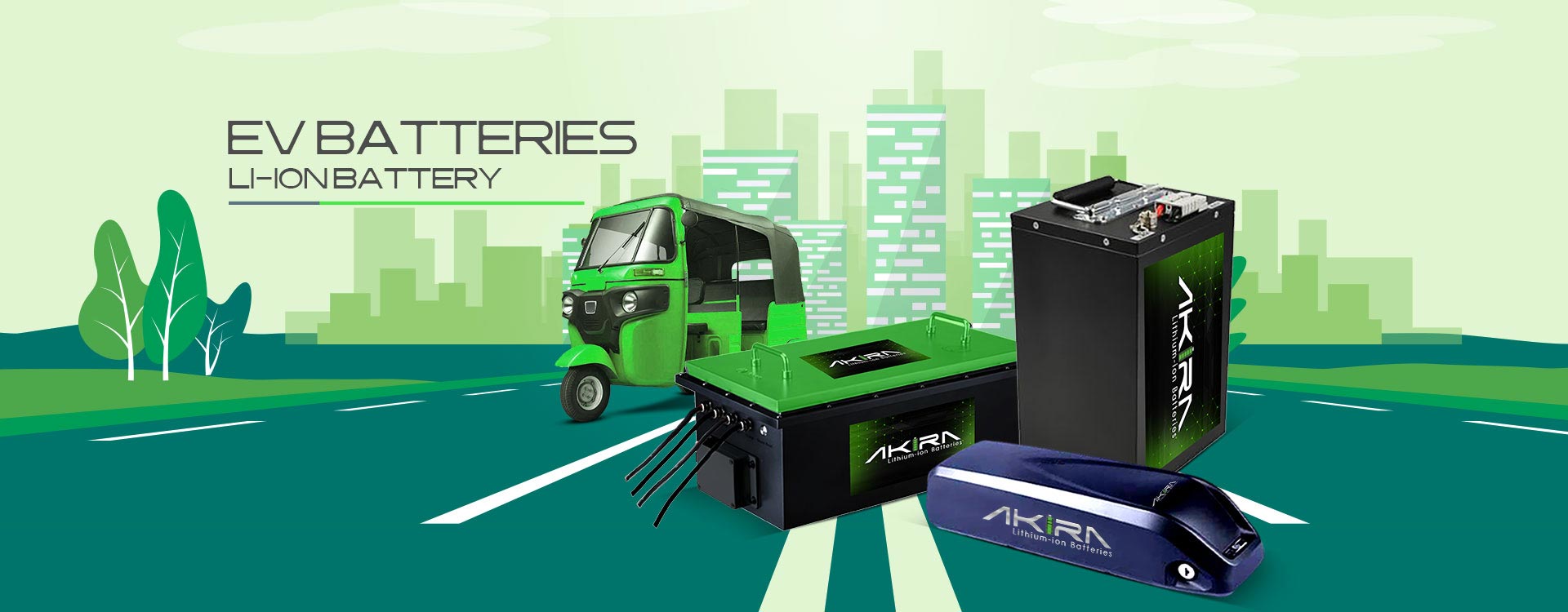In the realm of modern energy storage solutions, Battery Management Systems (BMS) play a crucial role in optimizing performance, ensuring safety, and extending the lifespan of batteries. Whether in electric vehicles (EVs), renewable energy storage systems, or portable electronics, BMS serves as a vital component in managing the complex dynamics of battery operation.
What is a Battery Management System?
A Battery Management System is an electronic control unit that monitors and manages the charging and discharging processes of batteries. It oversees critical parameters such as voltage levels, current flow, temperature, and state of charge (SoC) to prevent damage and maximize efficiency. Essentially, BMS acts as the brain behind the battery, ensuring optimal operation while safeguarding against potential risks.
How Does a Battery Management System Work?
- Cell Monitoring and Balancing: BMS monitors individual cells within a battery pack to maintain uniformity in voltage and capacity. This process, known as cell balancing, prevents overcharging of some cells while others may be underutilized, thereby maximizing the usable capacity of the entire pack.
- State of Charge (SoC) Estimation: BMS calculates the SoC by analyzing voltage, current, and temperature data. Accurate SoC estimation is crucial for predicting battery range and preventing deep discharge, which can degrade battery life.
- Temperature Regulation: Managing battery temperature is critical for both performance and safety. BMS monitors temperature variations and activates thermal management systems such as cooling fans or heaters to maintain optimal operating conditions.
- Safety and Protection: BMS implements safeguards against overcharging, over-discharging, short circuits, and overheating. It can disconnect the battery from the load or charging source if abnormal conditions are detected, preventing potential hazards like thermal runaway.
- Communication and Data Logging: Advanced BMS systems enable communication with external devices and systems, providing real-time data on battery performance. This data logging capability helps in diagnostics, performance optimization, and predictive maintenance.
Importance of Battery Management Systems
The integration of BMS in various applications offers several key benefits:
- Enhanced Safety: By continuously monitoring battery conditions, BMS minimizes the risk of safety incidents such as fires or explosions.
- Improved Efficiency: Optimal management of charging and discharging processes improves energy efficiency and extends battery life.
- Performance Optimization: BMS ensures consistent performance by maintaining ideal operating conditions across varying environmental and usage scenarios.
In conclusion, Battery Management Systems are pivotal in optimizing the functionality and safety of batteries across diverse applications. By integrating sophisticated monitoring and control mechanisms, BMS not only enhances operational efficiency but also ensures the reliability and longevity of battery systems in an increasingly electrified world.
When it comes to reliable energy storage solutions backed by cutting-edge technology and a commitment to quality, Akira Batteries stands out. If you’re looking for batteries for electric vehicles, Akira Batteries delivers unmatched performance and durability.
Contact Akira Batteries today to discover how our advanced lithium-ion batteries can enhance the performance and longevity of your vehicles. Akira offers both 2W and 3W options, ensuring efficiency and reliability. Experience the future of energy storage with Akira Batteries. Visit our website to learn more about our range of products and solutions tailored to meet your specific needs.
